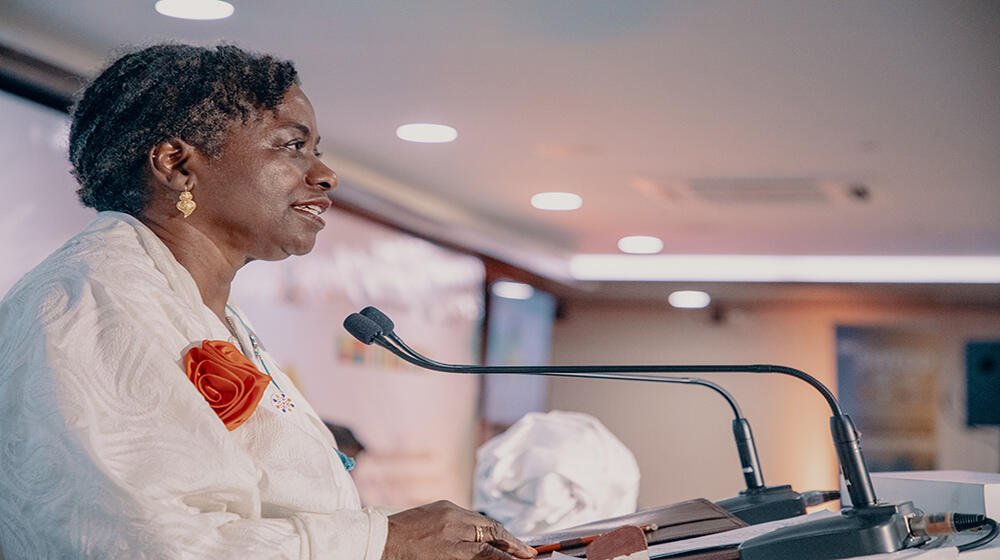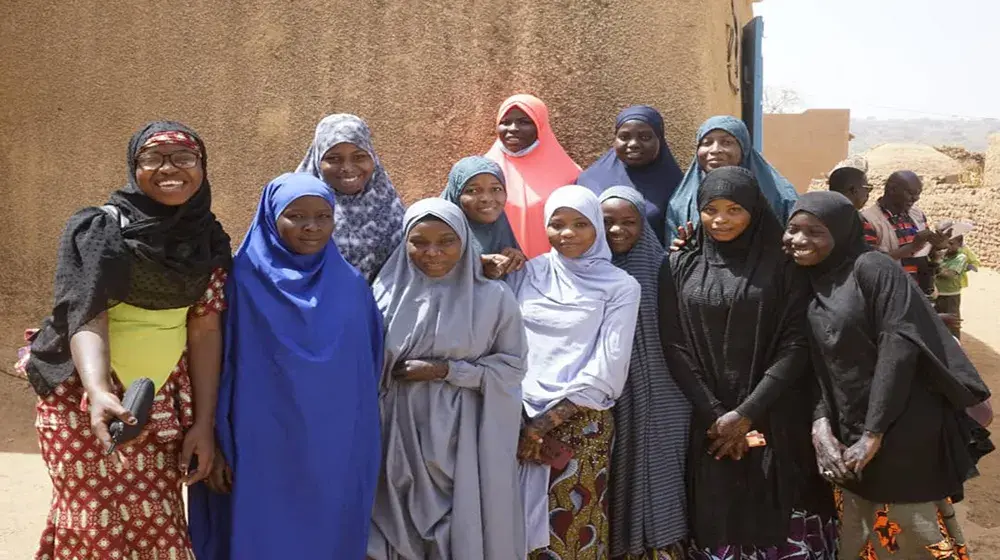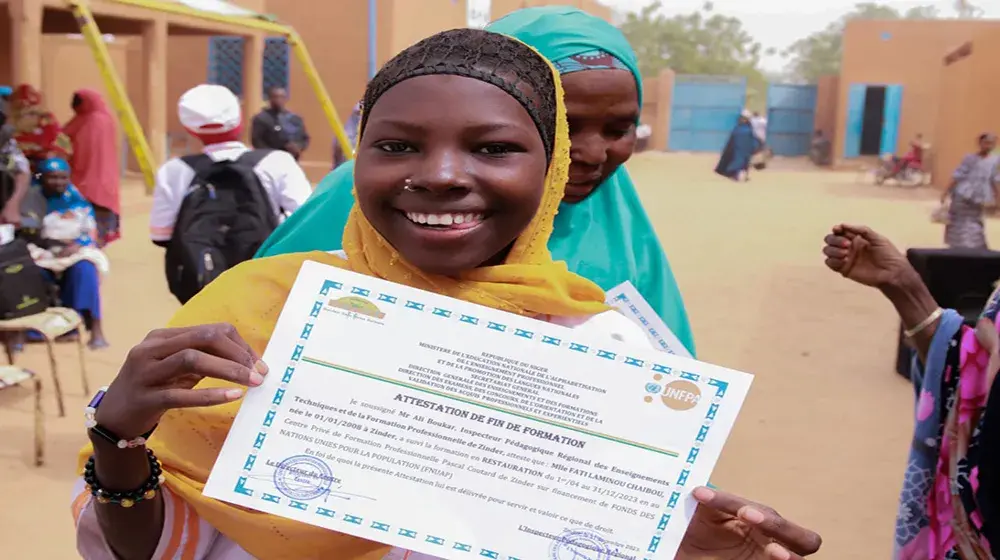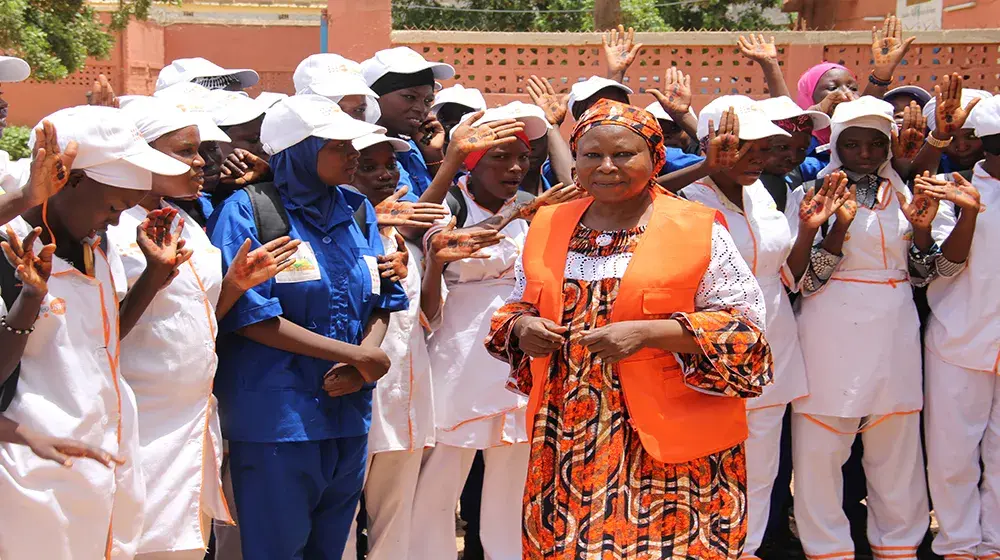(WORLD POPULATION DAY )
To leave no one behind, count everyone
For humanity to progress, people must be counted, wherever they are and whoever they are – in all their diversity. To end inequality, to find and grow peace and prosperity, to weave more threads of hope, the world needs to do more for inclusion.
To go uncounted is to be made invisible and, as a result, left unserved. This contributes to a 10-year-old girl being left with no health care when she is displaced during conflict. Or to an older woman with a disability having no safety net when a crisis strikes. It leaves a newborn in a remote indigenous community without the passport to protection that birth registration confers.
Over the last three decades, heeding the call of the 1994 International Conference on Population and Development, societies around the world have made tremendous strides in improving population data gathering, analysis and use. New population numbers, disaggregated by age, ethnicity, gender and other factors, reflect the diversity of our societies. To take just one example, approximately two thirds of countries now include questions on disability in their censuses.
Advances like these have improved the delivery of health care to people all over the world, resulting in significant leaps forward in sexual and reproductive health and the ability to exercise rights and choices. Increasingly, new technologies are enabling more granular and timely measurement of more people’s experiences than ever before.
Even so, the most marginalized communities are still underrepresented in data, and the consequences of this deeply affect their lives and well-being. Recent UNFPA research reveals acute and growing inequalities, within and among countries. In too many places, for example, women from racial and ethnic minority groups are nearly invisible in statistics tracking maternal deaths. This is one reason why health and social services overlook their needs, and a far greater share of these women die giving birth.
World Population Day 2024 is a moment to ask who is still going uncounted and why – and what this costs individuals, societies and our global efforts to leave no one behind. It is also a moment for all of us to commit to doing more to ensure that our data systems capture the full range of human diversity so that everyone is seen, can exercise their human rights and can reach their full potential.
Thirty years on from Cairo, there’s much to be celebrated but still much work to be done. People may be hard to reach, but no one is unreachable. To realize the rights and choices of those pushed to the margins of our societies, we have to count them – because everyone counts. Our rich human tapestry is only as strong as the weakest thread. When data and other systems work for those on the margins, they work for everyone. This is how we accelerate progress for all.





